Why Reaching Out Is Key For Recovery
By Alexandra Forsythe; Certified Eating Disorder Recovery Coach

Reaching out is key for recovery because it takes the job away from your eating disorder self.
Creating the new skill of reaching out can be difficult because our brain wants to reduce uncertainty. Uncertainty takes a lot of energy and is unsustainable. We don’t know how people will react when we reach out, but we can grow from the uncertainty and strengthen our healthy selves. When we choose the hard thing we are strengthening our neural pathways that support recovery.
There are many reasons why people don’t reach out when they have a hard time, some examples include:
1. “No one understands what I’m going through.”
2. “I should be able to get through this alone.”
3. “I don’t want to bother anyone.”
4. “I don’t want to have to explain myself.”
5. “I’m not that bad.”
In order to recover, you need to learn how to reach out to someone instead of automatically going to your eating disorder behaviour. Reaching out includes, telling someone you have an eating disorder, going to a support group, going to see a counsellor or finding a recovered mentor. Reaching out to someone offers you a better relationship and connection than the one you have with your eating disorder self.
The goal of reaching out is to replace the job of the eating disorder.
What can reaching out do?
Helps you feel your feelings, break habits, and find more joy.
Feeling your feelings and challenging your thoughts feels hard. You can begin to feel uncomfortable and overwhelmed which can make you want to stop your recovery process. The way to push through the discomfort is through your relationships.
Reaching out will bring awareness to your behaviour, bring your healthy self forward and increase connection between you and your support. Whatever you think your eating disorder is going to do for you, you need to let someone else take over that function.
Example: reach out by texting
-before, after or even during engaging in a behaviour
-when having a tough time
-to follow through and to be accountable for a goal, for example following a meal plan.
For more information on reaching out read Key 7 in Carolyn Costin’s 8 Keys to Recovery From an Eating Disorder book.
Please share with anyone you know is struggling, there is hope and full recovery is possible.
Alexandra Forsythe is a Certified Eating Disorder Recovery Coach through the Carolyn Costin Institute. She accepts clients through her own private practice and through the Kirsten Haglund Foundation Virtual Transitional Living Program. In addition to being a coach, she is also a licensed massage therapist and makes her home in Canada.
